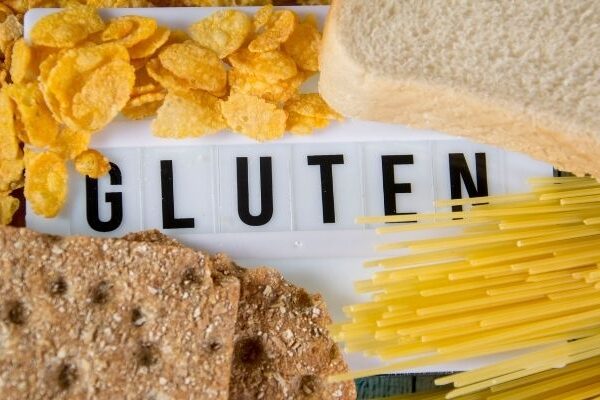With the multitude of diets available, it can be daunting to pick one that best suits your needs. Among the most popular diets in recent years are the keto, paleo, and vegan diets. These diets have become a buzzword for their claimed benefits, including weight loss and better health outcomes. However, every diet has its advantages and disadvantages, and it is essential to weigh the pros and cons before deciding to commit. In this article, we will delve into the benefits and risks of these diets to help you make an informed decision.
The Keto Diet:

Keto is a high-fat, low-carbohydrate diet that aims to put your body in a state of ketosis. When you limit your carbohydrate intake, your body starts to burn fat for energy instead of glucose. This process can lead to significant weight loss, and some studies have shown that the keto diet may also help lower blood sugar levels and improve cholesterol levels.
However, the keto diet is not without its risks. The high-fat content of the diet can put a strain on your liver and kidneys, and it may also lead to nutrient deficiencies if you’re not careful. Additionally, the keto diet can be challenging to stick to in the long term, and some people may experience side effects such as fatigue, headaches, and nausea.
The Paleo Diet:

The paleo diet, also known as the “caveman diet,” is based on the idea of eating only foods that were available to our ancient ancestors during the Paleolithic era. The diet includes whole foods such as lean meats, fish, fruits, vegetables, nuts, and seeds, while excluding processed foods, grains, and dairy.
The paleo diet has several potential benefits. First, it emphasizes whole, nutrient-dense foods, which can help improve overall health and reduce the risk of chronic diseases such as type 2 diabetes, heart disease, and certain cancers. Second, it can lead to weight loss, as the diet tends to be low in calories and high in protein, which can help increase feelings of fullness and reduce overall calorie intake.
However, there are also potential risks associated with the paleo diet. Because the diet excludes grains and dairy, which are important sources of calcium and other nutrients, it can lead to nutrient deficiencies if not carefully planned. Additionally, the high intake of animal products may increase the risk of certain health problems, such as heart disease and colon cancer. Finally, the paleo diet can be difficult to stick to in the long term, as it can be challenging to eliminate entire food groups from your diet.
The Vegan Diet:

The vegan diet is a plant-based diet that excludes all animal products, including meat, dairy, and eggs. The vegan diet is associated with numerous health benefits, including a reduced risk of heart disease, certain cancers, and type 2 diabetes. Additionally, the vegan diet may help with weight loss and improve overall gut health.
However, the vegan diet is also not without its risks. It can be challenging to get enough protein, vitamin B12, and iron on a vegan diet, and some vegans may also struggle to get enough calcium and omega-3 fatty acids. Additionally, the vegan diet may not be suitable for everyone, and some people may experience digestive issues when transitioning to a plant-based diet.
Conclusion:
The keto diet may lead to significant weight loss, it may also put a strain on your liver and kidneys. The paleo diet may improve blood sugar levels, but it may also lead to nutrient deficiencies. The vegan diet is associated with numerous micronutrient deficiencies as well. When it comes to choosing a diet, it’s essential to consider both the benefits and risks. Ultimately, the best diet is the one that is sustainable, balanced, and tailored to your individual needs. The best approach is to not experiment with diets on your own, but take an expert’s advice. It’s always a good idea to consult a healthcare professional or registered dietitian before making any significant changes to your diet.




